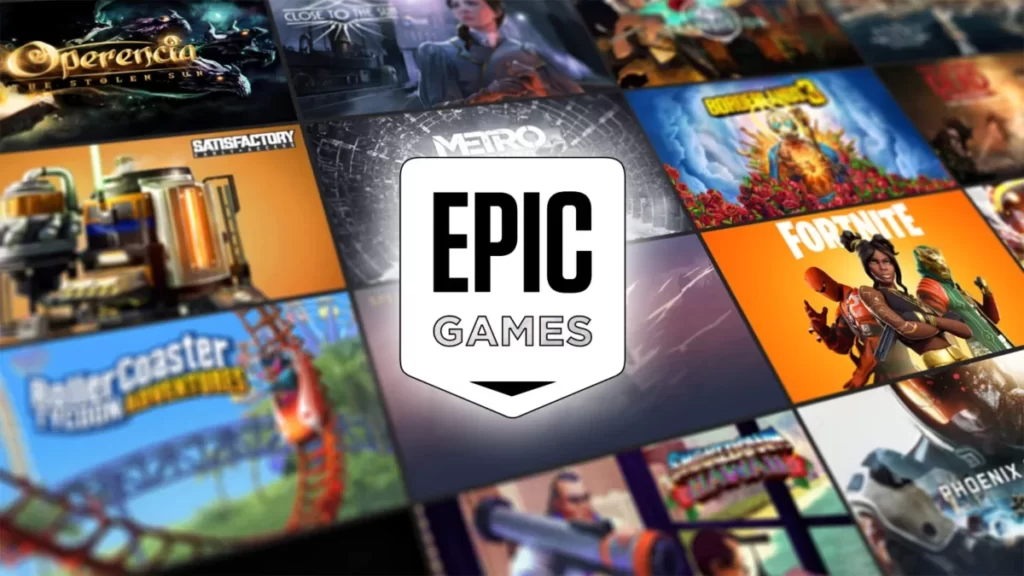In a landmark decision, the creator of the wildly popular Fortnite game, Epic Games, has secured a significant legal win against tech giant Google. Following a month-long trial, a US jury ruled that Google had unlawfully operated an illegal monopoly with its app store.
Epic Games initiated the legal battle in 2020, alleging that Google unfairly dominated the app store landscape, suppressing competition from other platforms. The store, used by hundreds of millions of Android-powered smartphone users, faced accusations of anticompetitive practices.
Reacting to the favorable verdict, Epic Games’ CEO, Tim Sweeney, took to X (formerly Twitter) to declare victory over the “Google Play monopoly on all counts.” Sweeney noted that the court would soon deliberate on the issue of compensation, marking a pivotal moment for the gaming company.
Despite the unanimous jury decision, Google remains steadfast in defending its business model. Wilson White, Google’s Vice President of Government Affairs and Public Policy, asserted that Android and Google Play offer unparalleled choice and openness compared to other mobile platforms. He emphasized the fierce competition with Apple’s App Store and other Android app stores and gaming consoles.
The legal battle also brought attention to Google’s transaction fees, reaching up to 30%, imposed on Android app developers. The verdict could potentially grant developers more control over app distribution and revenue generation. Google contends that its commissions are competitive, providing additional benefits such as reach, transaction security, and protection against malware.
If the ruling stands, Google may be compelled to allow more app stores on Android devices, impacting its revenue from in-app purchases. Epic Games, known for its Fortnite success, operates its own app store on PC, posing competition to platforms like Steam.
Google’s Play Store, one of the world’s largest app stores, competes head-to-head with Apple’s App Store. Android, powering around 70% of global smartphones, sees over 95% of its apps distributed through the Play Store, giving Google access to billions of mobile devices.
During the trial, Epic Games accused Google of stifling innovation and choice through secretive, anti-competitive agreements. Allegations surfaced regarding Google’s willingness to pay billions to thwart alternative app stores. In response, Google countersued for damages, claiming Epic violated its developer agreement.
This legal battle is not Google’s first encounter with antitrust claims, having settled similar cases with dating app Match prior to the Epic trial. Epic Games also filed an antitrust case against Apple in 2020, but a 2021 ruling largely favored Apple. Epic has since challenged that decision in 2022, emphasizing the urgent need for legislation addressing the dominance of Apple and Google over smartphones. The outcome of these legal struggles will undoubtedly shape the future landscape of app distribution and competition in the tech industry.








